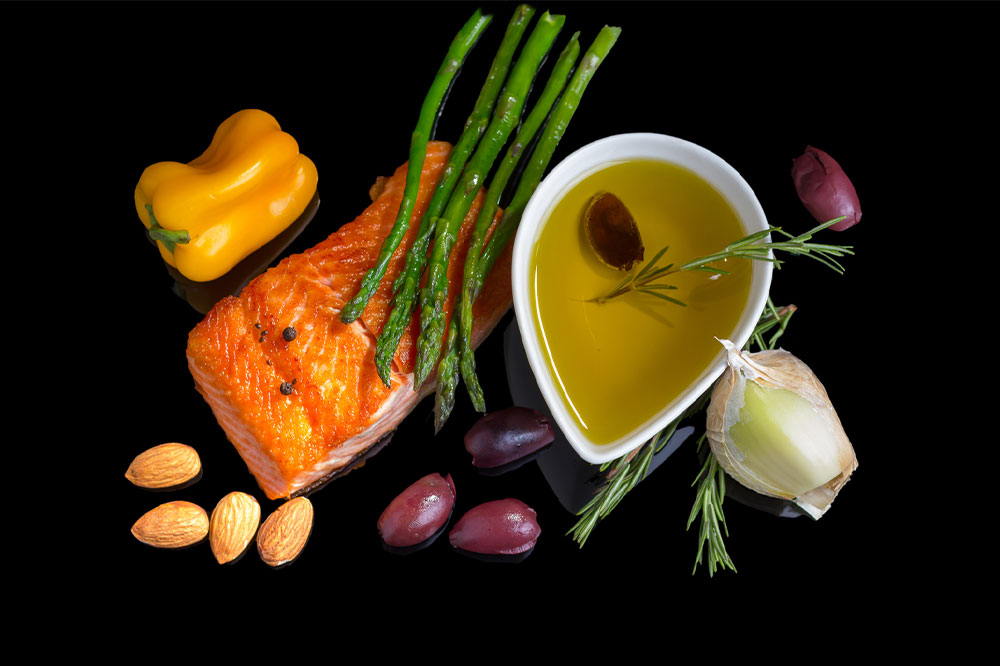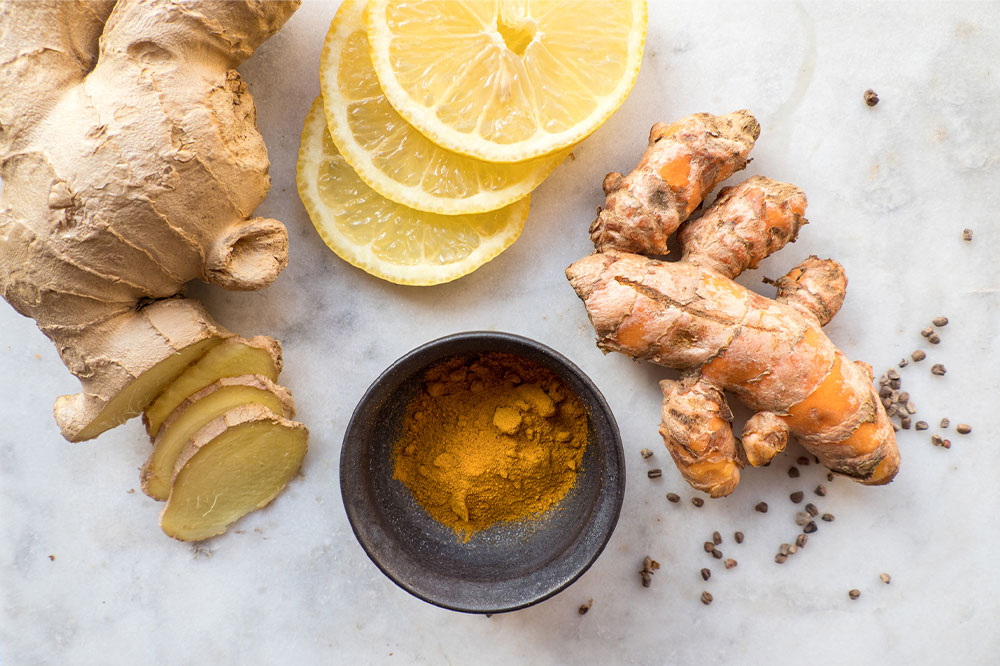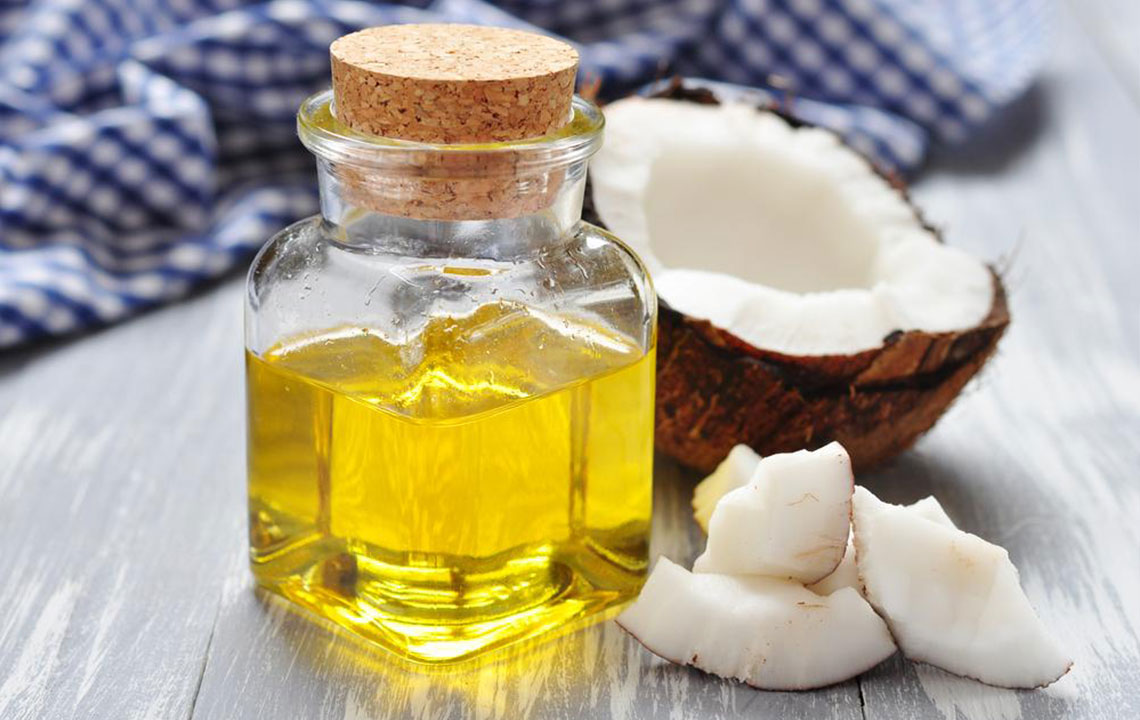Nutritional Strategies to Reduce Inflammation and Alleviate Discomfort
This article explores dietary choices that can combat inflammation and alleviate pain. Key foods include omega-3-rich fish, antioxidant berries, garlic, ginger, olive oil, and cruciferous vegetables. Incorporating these nutrient-dense foods can promote joint and bone health, reduce inflammation, and improve overall wellness, making them a valuable part of an anti-inflammatory diet for pain management.
Sponsored

Diet greatly influences inflammation and pain levels in the body. Consuming excessive fried foods or sugary snacks can impair bone health and intensify pain symptoms. Incorporating anti-inflammatory foods that support bone density can help in pain management and reduce inflammation. Here’s a look at some of the most effective foods for this purpose.
Omega-3 Fatty Acids Benefits
Fatty fish such as salmon, mackerel, and sardines are rich in omega-3s, which significantly diminish inflammation and pain. These fishes also promote cardiovascular health, support brain function, and supply essential nutrients like proteins, vitamins, and minerals.
Plant-based sources like flaxseeds, walnuts, and pumpkin seeds are also excellent omega-3 providers.
Berries and Cherry Extracts
Berries such as blueberries and strawberries contain phytonutrients that diminish inflammation and discomfort. Consuming fresh or frozen berries can be effective in pain control. Similarly, cherries boast anthocyanins, vitamin C, and polyphenols, which help regulate inflammation. If fresh cherries aren't accessible, sugar-free cherry juice offers comparable benefits.
Root Vegetables and Spices
Garlic and ginger are powerful root vegetables that enhance meals and possess healing qualities that reduce inflammation and pain. Garlic also supports cardiovascular health and has anti-cancer properties. Ginger’s anti-inflammatory effects help soothe digestion, cramps, nausea, and joint discomfort.
Choose extra virgin olive oil over processed dressings and unhealthy fats. Minimal processing preserves olive oil’s health benefits, and it promotes heart health while lubricating joints, reducing inflammation, and supplying healthy fats.
Cruciferous Vegetables Like cauliflower, Brussels sprouts, kale, and broccoli, these vegetables inhibit enzymes that trigger inflammation and swelling. Additionally, they are rich in essential nutrients that support overall well-being. Integrating at least one portion of cruciferous vegetables daily can make a notable difference.






